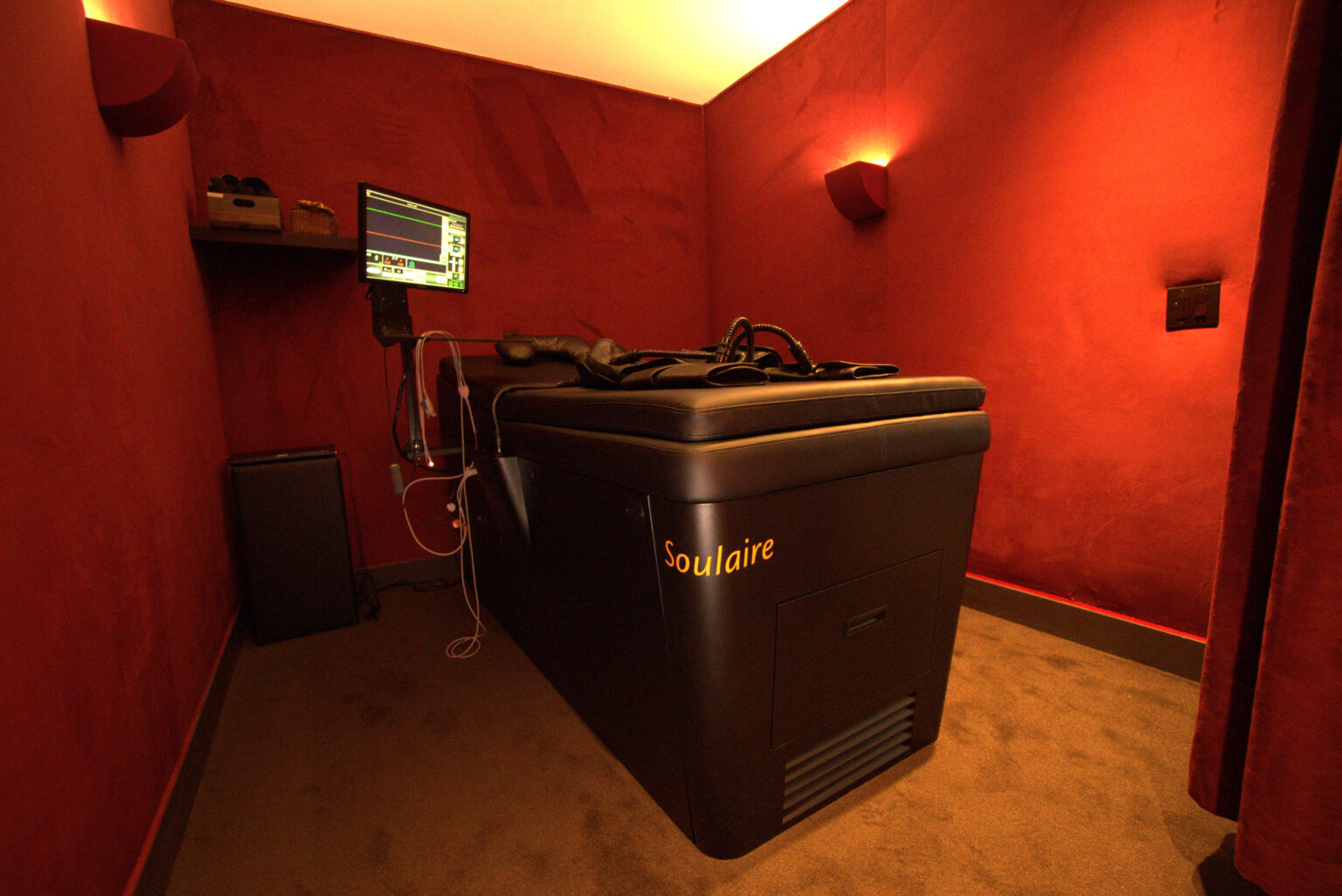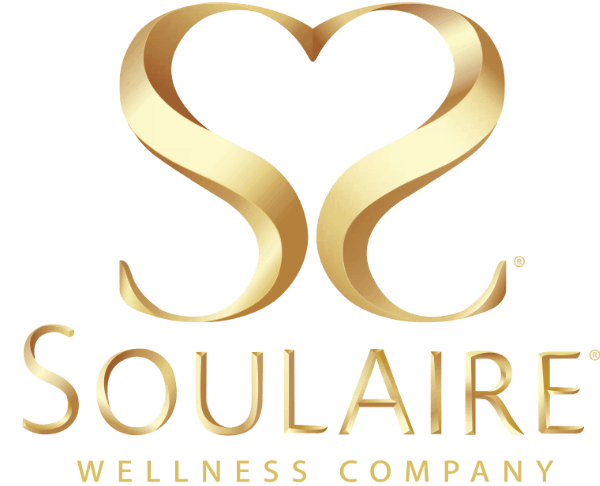
EECP Therapy FOR Erectile Dysfunction

Erectile Dysfunction (ED) has long been a sensitive subject for many men, impacting not only their physical health but also their mental well-being and relationships. Traditional treatments such as oral medications, injections, or implants have been the go-to solutions. However, they might not work for everyone and can sometimes come with side effects. But what if there was a non-invasive, potentially side-effect-free treatment that could revolutionize the way we approach ED? Enter Enhanced External Counterpulsation (EECP) therapy.
In this blog post, we’re going to dive into the world of EECP therapy – a treatment that’s causing quite a stir in the medical community for its potential to transform the landscape of ED treatment. We’ll explore what EECP therapy is, how it works, and why it has the potential to revolutionize the way we treat ED. Whether you’re a healthcare professional wanting to stay ahead of the curve, someone living with ED, or simply interested in the latest advancements in medical science, this post is for you. Let’s delve into the exciting potential that EECP therapy holds for transforming the lives of those affected by Erectile Dysfunction.
Understanding Erectile Dysfunction: A Brief Overview
Erectile dysfunction, often referred to as ED, is a widespread sexual issue that impacts countless men all over the globe. It’s described as the ongoing difficulty in getting or keeping an erection that’s strong enough for pleasing sexual activity. Despite being more prevalent in older men, it can occur at any age.
Causes of Erectile Dysfunction
Different things can lead to erectile dysfunction. These can be broadly categorized into physical and psychological causes.
- Physical Causes: The main physical reasons for erectile dysfunction often involve problems with blood flow and blood pressure. Conditions like heart disease, clogged arteries, high cholesterol, and high blood pressure can affect how much blood gets to the penis. Diabetes can also contribute to ED by damaging your nerves and blood vessels.
- Psychological Causes: These include stress, anxiety, depression, relationship problems, and mental health issues. In some cases, these problems can cause a vicious cycle that leads to more stress and worsening ED.
Traditional Treatments for Erectile Dysfunction

Traditionally, treatment for erectile dysfunction has involved medications, lifestyle changes, and psychotherapy. Medications like Viagra, Cialis, and Levitra increase blood flow to the penis, helping to create an erection. Lifestyle changes such as losing weight, quitting smoking, and exercising regularly can also improve erectile function. Psychotherapy can be beneficial for men who experience ED due to stress, anxiety, or other mental health issues.
However, these treatments may not work for everyone, and some men may experience side effects. This has led researchers to explore alternative treatments for ED, one of which is Enhanced External Counter Pulsation (EECP) therapy.
What is EECP Therapy?
Enhanced External Counter Pulsation (EECP) Therapy is a non-invasive, outpatient therapy used primarily to help improve symptoms of conditions like angina and heart failure. Interestingly, it has also shown promise in treating Erectile Dysfunction (ED).
How Does EECP Work?
EECP therapy involves the use of three sets of inflatable cuffs (similar to blood pressure cuffs) that are wrapped around the lower legs, upper legs, and buttocks. These cuffs inflate and deflate sequentially, beginning with the lower legs and moving upward, coinciding with the rhythm of the heart. This process creates a retrograde arterial wave that enhances blood flow back towards the heart and throughout the body.
The primary goal of EECP therapy is to stimulate the opening or formation of collateral blood vessels, a natural bypass around narrowed or blocked arteries. By doing so, it can improve blood flow to the heart and other organs—this process is known as angiogenesis.
EECP and Erectile Dysfunction
In the context of erectile dysfunction, the improved blood flow resulting from EECP treatment could potentially help men achieve and maintain an erection. The therapy might also promote the development of new blood vessels in the penile region, which could further enhance erectile function.
It’s important to note that while EECP therapy has shown promise as a treatment for ED, more research is needed to fully understand its effectiveness and how it compares to traditional treatments. Always consult with a healthcare provider to discuss the best treatment options for you.
The Science Behind EECP Therapy for Erectile Dysfunction
The science behind using EECP therapy for Erectile Dysfunction (ED) lies in its ability to improve blood flow and potentially stimulate the formation of new blood vessels, a process known as angiogenesis.
EECP and Improved Blood Flow
EECP therapy works by sequentially inflating and deflating cuffs wrapped around a patient’s lower extremities. This process creates a retrograde arterial wave, enhancing blood flow back towards the heart and throughout the body.
In the context of ED, this improved blood flow could help men achieve and maintain an erection. The therapy might also promote the development of new blood vessels in the penile region, which could further enhance erectile function.
Angiogenesis and Erectile Dysfunction
Angiogenesis, or the formation of new blood vessels, can play a crucial role in the treatment of ED. Reduced blood flow to the penis is one of the primary physical causes of ED, so treatments that can stimulate angiogenesis have the potential to improve erectile function.
Several studies have suggested that EECP therapy could stimulate angiogenesis5. This could make it a potentially effective treatment for patients who do not respond to traditional ED treatments.
Clinical Trials and Studies
Clinical trials and studies have provided supporting evidence for the effectiveness of EECP therapy in treating ED. One study found that EECP therapy decreased symptoms of angina (chest pain due to reduced blood flow to the heart), which often co-occurs with ED.
Another study mentioned that EECP therapy has shown to improve endothelial function in controlled clinical trials. The endothelium is a layer of cells that line the interior surface of blood vessels, and its health is crucial for maintaining good vascular function and blood flow.
It’s important to note that while these findings are promising, more research is needed to fully understand the effectiveness of EECP therapy for ED and how it compares to traditional treatments.
Comparing EECP Therapy to Conventional Erectile Dysfunction Treatments
Enhanced External Counter Pulsation (EECP) therapy is a non-invasive treatment option that has been increasingly recognized for its potential in treating Erectile Dysfunction (ED). It’s being compared to conventional therapies due to its unique mechanism of action and promising results in clinical studies.
EECP vs Conventional Treatments
Conventional treatments for ED typically include oral medications like Viagra, Cialis, and Levitra, which work by increasing blood flow to the penis. These are often effective but may not work for everyone and can sometimes cause side effects.
On the other hand, EECP therapy works by improving overall blood flow and potentially stimulating the formation of new blood vessels (angiogenesis). This approach directly targets one of the primary physical causes of ED – reduced blood flow to the penis.
Clinical Findings
Several studies have demonstrated the effectiveness of EECP therapy for ED. One study found that EECP therapy can improve erectile function in patients with refractory ischemic heart disease. Another research found that after EECP treatment, 70% of the subjects had improved sexual function, with enhanced blood flow in the genitals which increased by 93%, and erection quality also improved.
A clinical trial also suggested that EECP therapy can decrease symptoms of angina, which often co-occur with ED. This could make it a particularly useful treatment for men who experience both conditions.
While these findings suggest that EECP therapy could be a viable alternative or complementary treatment for ED, more research is needed to fully understand its effectiveness and how it compares to traditional treatments. As always, patients should consult with their healthcare provider to discuss the best treatment options for them.
How EECP Will Help in Treating ED?

The science behind how EECP therapy could potentially help treat ED lies in its ability to enhance blood flow and stimulate the formation of new blood vessels, known as angiogenesis.
Reduced blood flow is one of the primary physical causes of ED. By enhancing overall circulation, EECP therapy could help men achieve and maintain an erection. The potential for EECP therapy to stimulate angiogenesis could also be beneficial, as the creation of new blood vessels in the penile region could enhance erectile function.
EECP’s benefits, such as improved energy levels, better sleep, and enhanced mental clarity, could also indirectly contribute to the management of ED. Often, ED can be influenced by factors like stress, fatigue, and poor mental health. By addressing these issues, EECP may help improve conditions conducive to better sexual health.
However, it’s important to note that while the principles of EECP suggest potential benefits for ED treatment, more specific research and clinical trials would be needed to establish its effectiveness conclusively. As always, patients should consult with healthcare providers to discuss the best treatment options for their individual needs.
The Future of EECP in Treating Erectile Dysfunction
Enhanced External Counterpulsation (EECP) therapy is an innovative, non-invasive treatment that has been gaining traction in the medical community for its potential to treat Erectile Dysfunction (ED). This approach, traditionally used for heart conditions, has shown effectiveness in improving erectile function by enhancing blood flow and stimulating angiogenesis, the formation of new blood vessels.
Recent studies have revealed promising results. For instance, EECP can improve blood flow to the pelvic area by about 140%, which can significantly impact patients with ED. Furthermore, ongoing clinical trials are investigating the value of EECP on hemodynamic parameters and erectile function. As we continue to understand more about the potential of EECP therapy in treating ED, it’s clear that this could represent a significant shift in our approach to managing this common condition. This treatment modality offers hope for those seeking alternatives to traditional treatments, paving the way for potentially more effective and less invasive solutions.
However, while these initial findings are encouraging, more extensive research and clinical trials are needed to fully understand the scope of EECP’s effectiveness in treating ED. As always, it’s crucial for patients to consult with healthcare providers to discuss the best treatment options for their individual needs.

